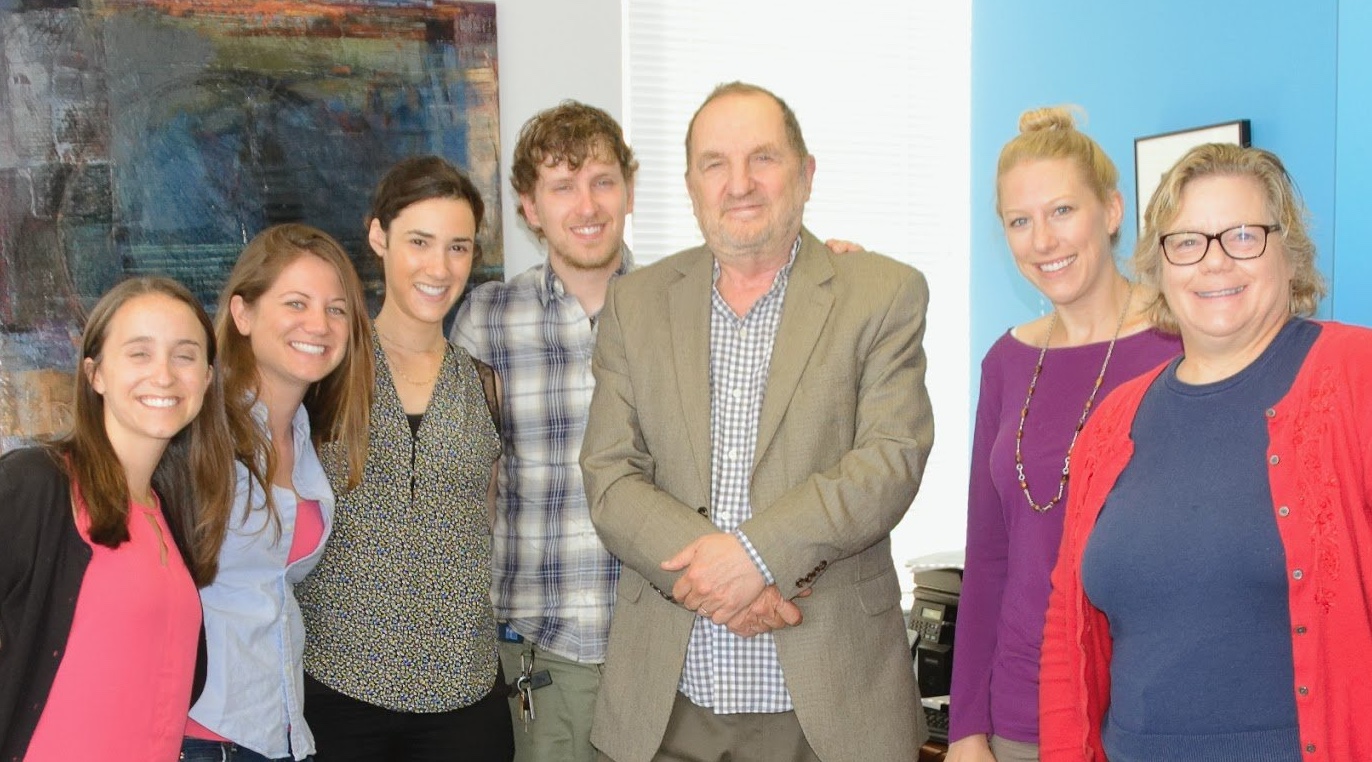The Clinician Cameo is a regular interview series with a clinician in the Brown Department of Psychiatry & Human Behavior (DPHB).

Stewart Kiritz, Ph.D., a clinical assistant professor of psychiatry and human behavior, served on the clinical faculty and teaching medical staff of the Stanford Psychiatry Department for over 30 years and directed an APA doctoral internship at a community health center in Palo Alto. He currently runs a private practice and teaches and supervises Brown trainees in psychotherapy.
In this interview, Kiritz talks with DPHB about the many unique groups he facilitates – for physicians, Brown residents, older adults – as well as his journey from a searching student in 1960s Berkeley to a “semi-retired” teacher and lifelong learner in Rhode Island.
You did your undergraduate degree at Berkeley in the 1960s. What was your experience of that iconic place and time?
I was privileged to enter UC Berkeley in 1960 and soak in the rich intellectual environment, the bohemian lifestyles, and the diversity. I witnessed the Free Speech Movement and Joan Baez singing "We Shall Overcome" in Sproul Plaza. It was an exciting time.
But it was also a time of inner journey. I started as a math major, switched over to philosophy, and finally ended in psychology. I grew in many ways during these years, from being very cerebral and comfortable in the realm of abstractions, into a person more in touch with my feelings, to use a cliched expression. After graduation, I spent two years in the Peace Corps in Tunisia and returned to the doctoral psychology program at Berkeley in 1968.

You built your career mainly in California. What brought you to the East Coast? What was that transition like?
My wife and I moved here eight years ago to be closer to our daughter. I was at a natural transition point because I’d wrapped up my work as a training director. We were told it would take us a long time to connect with New Englanders, but it turned out everyone was quite friendly. We had some difficulty adapting to the weather, though. You can’t casually walk around in short-sleeves in the ice and snow.
I’d run a practice in Palo Alto for a long time and started one up here a few years ago. My referrals come mostly from people who know me through Brown. I’m licensed in California, too, so I see people there remotely.
You have extensive experience facilitating groups. What draws you to that form of therapy?
There’s a kind of magic that takes place in groups. They can be powerfully positive – or negative. For example, sometimes there are charismatic therapists who might put people down or engage in negative confrontation. But when a group is positive, it can develop a sense of cohesion and be profoundly nourishing.
As a therapist in a group setting, I try to be present with my feelings and reactions and self-disclosing. If a group is working well, it’s enhancing for the therapist and the participants. Even though I’m an introvert – a sociable introvert.
